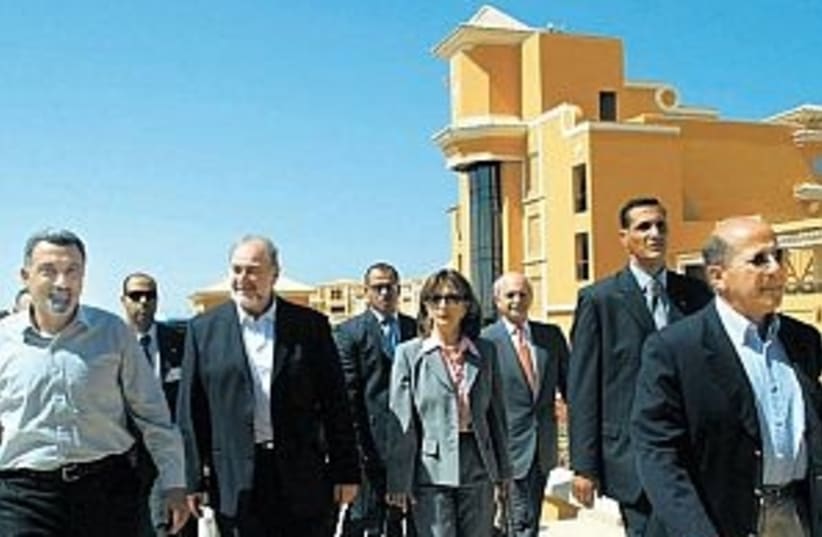| More about: | Palestinian National Authority, Gaza Strip, Americas, Red Sea |
'The Pillars of Civilization Tour'
Israel, Egypt, Jordan and the Palestinian Authority will jointly promote Middle East tourism.


| More about: | Palestinian National Authority, Gaza Strip, Americas, Red Sea |